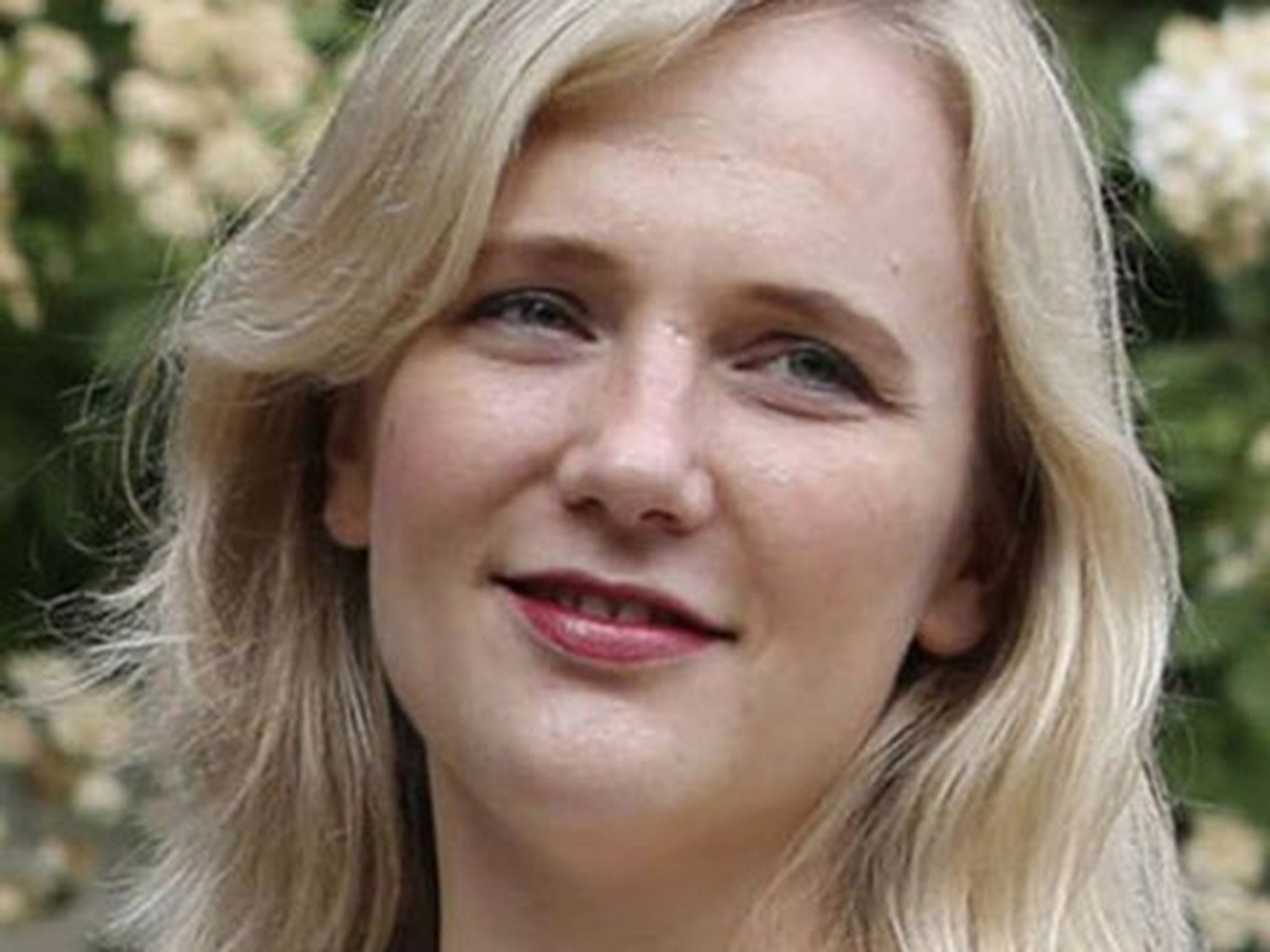The government has “taken their foot off the pedal” on tackling the gender pay gap despite the disparity in wages taken home by men and women increasing, a Labour MP has warned.
Stella Creasy, who introduced a bill to parliament on Tuesday which would allow women to ask their employer for data about a male colleague if they suspect they are taking home different wages for doing equivalent work, told The Independent there was a lack of “political will” within government to address the issue.
The MP for Walthamstow’s 10-minute rule bill, which has cross-party support and passed its first reading in the Commons, would also decrease the threshold for organisations which have to publish gender pay gap data from 250 employees to 100.
The politician, whose bill will have its second reading on 13 November, said women have been asking for equal pay for almost 200 years yet they are still waiting for this to be achieved. She said people from a range of sectors had recently contacted her to raise issues with equal pay.
She said: “People think we must have equal pay but we don’t have it. They can’t believe it given we’ve had equal pay legislation for 50 years.
“In my first job, the men in the organisation were paid more. It was my first job out of university and I thought I mustn’t complain. Then you think hang on, I’m doing the same work as you.
“Women don’t know their male counterparts are being paid more than them. Who has that conversation? The pay gap starts before you have children. It is old-fashioned discrimination. Talent is not realised when we put up barriers about not what people can do but who they are. Why is it in 2020 people don’t get equal pay for an equal day’s work?”
Ms Creasy hit out at the fact that rules obliging private companies who employ more than 250 people to release their gender pay gap figures were suspended by the government due to coronavirus turmoil.
“Of all the requirements businesses have to provide, the gender pay gap is the thing which has been waived,” she said. “What message does that send about whether you think this is a priority? It’s clearly not a priority otherwise the government wouldn’t have taken their foot off the pedal.”
Last year’s gender pay gap was 17.3 per cent, meaning women were paid an average of roughly 83p for every £1 men were paid, the politician said.
A report, conducted by Business in the Community in May, found half of companies did not report their gender pay gap this year, with the number of firms releasing such information having halved since 2019.
The study warned coronavirus upheaval could push gender equality back a generation due to women being overrepresented in sectors most badly hit by lockdown measures, and already being more likely to work in lower-paid, more precarious forms of employment.
Addressing the Commons as she put forward her bill, Ms Creasy said: “We’ve been here before. Women have been asking for equal pay since 1833. 188 years later we are still waiting. Last year alone there were 30,000 equal pay claims made at tribunal.
“This year we’ve seen the gender pay gap is actually increasing – not closing. That means that nine out of 10 women in this country work in companies or organisations that pay them less on average than their male counterparts. Even in 2020.”
Ms Creasy said that women ask for a pay rise just as often as men, but men are four times more likely to receive one – adding that six in 10 don’t know if they are being paid less than male counterparts.
The Bank of England has forecast that ending the gender pay gap would add £600bn to our economy by 2025, she added.
Last year’s reporting showed the gender pay gap has widened in favour of men at nearly half of the biggest firms and public sector bodies in the UK since the previous year – with almost eight in 10 companies still paying men more than women and more than a quarter paying female workers up to 20 per cent less.
Ms Creasy’s bill was drafted by the Fawcett Society, a leading gender equality charity, who have published research today which found only three in 10 women thought their employer would tell them if their male colleagues earned more for equivalent labour if they probed them about it.
While the Equal Pay Act, which was implemented in 1970, made equivalent pay for the same work a legal right half a decade ago, pay discrimination is still prevalent.
“We have got a key part of the jigsaw missing,” Sam Smethers, chief executive of Fawcett Society, told The Independent. “Women can’t achieve equal pay without the Right to Know. If you have got no way of accessing male pay information, then you can’t challenge it. You can’t begin to have that conversation with your employer.”
She added: “Both employers and employees would gain if we removed the need to go to a tribunal to find out what your male colleague is paid. But it would not be a free for all. You would have to suspect pay discrimination.”
Sian Elliot, women’s equality policy officer at the TUC, told The Independent the leading union backed the legislation.
“Coronavirus and Brexit are worsening pre-existing gender inequalities,” she said. “The government needs to take a tougher more robust approach to fixing equal pay. This bill would toughen up requirements on employers and increase transparency in the workplace.”

